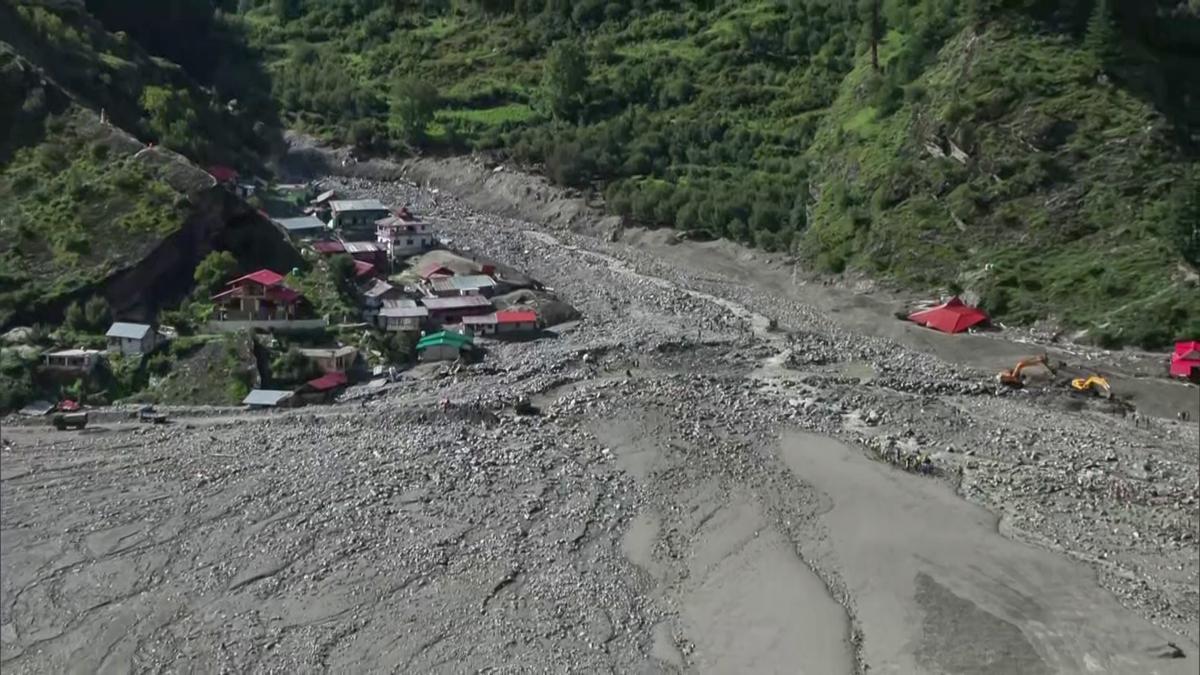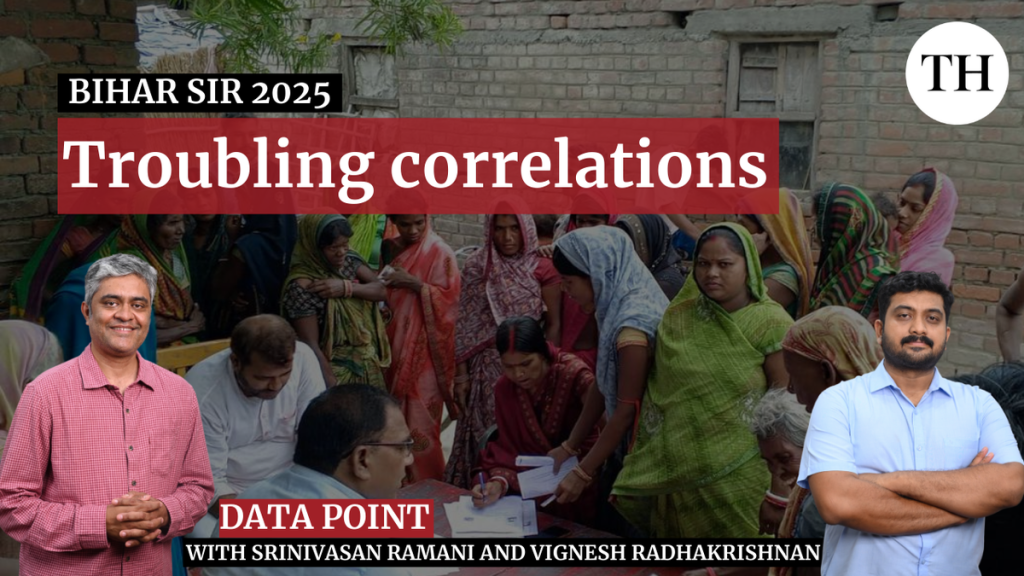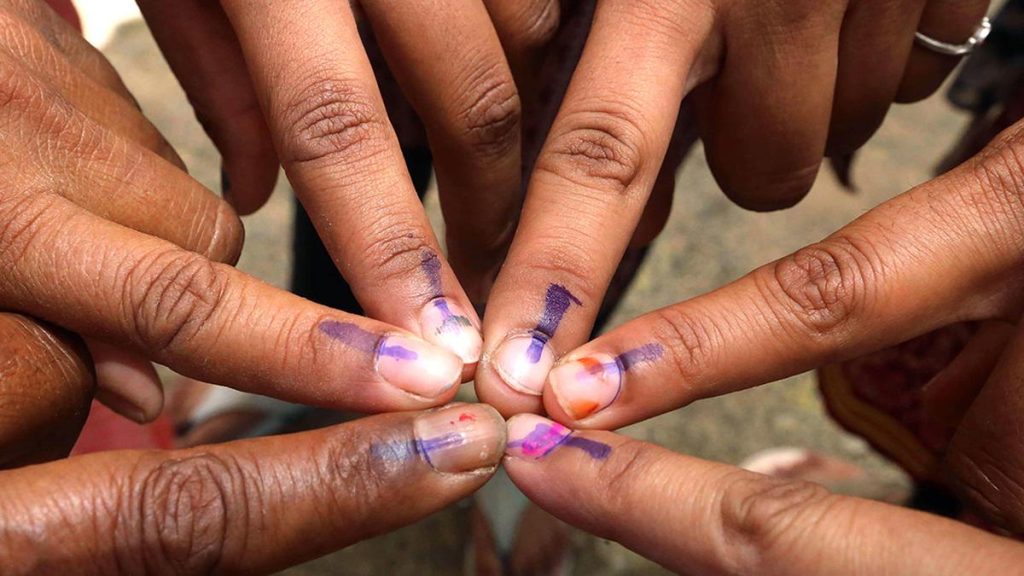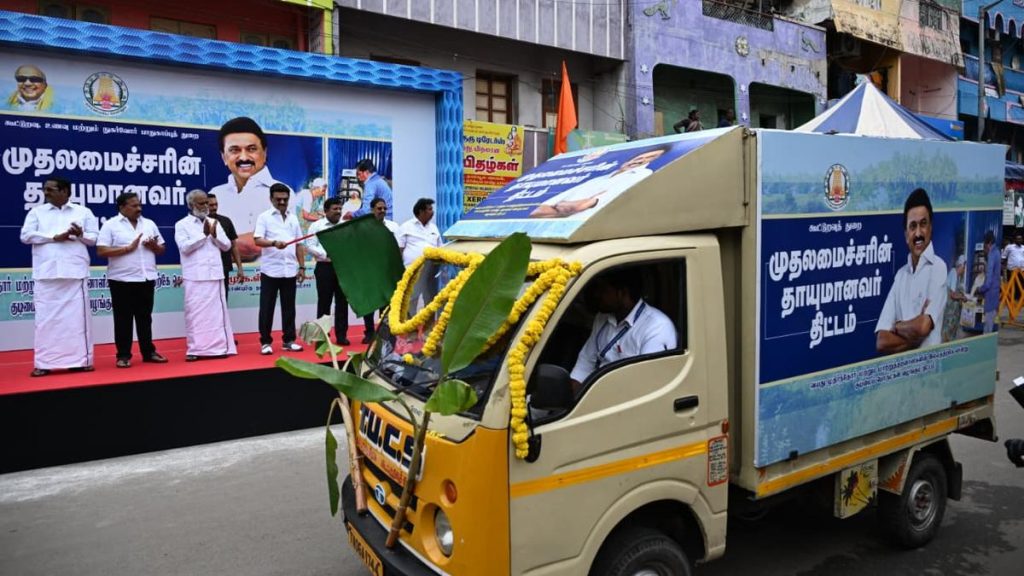Now Reading: Uttarakhand Flash Floods: 43 Missing, Over 1,300 Rescued
-
01
Uttarakhand Flash Floods: 43 Missing, Over 1,300 Rescued
Uttarakhand Flash Floods: 43 Missing, Over 1,300 Rescued

Quick Summary
- Uttarakhand’s Dharali village in Uttarkashi witnessed flash floods starting August 5; 43 individuals remain missing, and 1,308 people have been rescued.
- Missing persons include nine Army personnel, eight locals, and several from other states: Bihar (13), Uttar Pradesh (6), Tehri district (1). Additionally, 29 Nepali laborers were reported missing; five have since been contacted.
- Rescue operations involved SDRF, ITBP, Army, and police who primarily evacuated tourists participating in the Char dham Yatra to Gangotri and Yamunotri temples.
- Distribution of ₹5 lakh ex gratia financial assistance has begun for affected families. A high-level committee will assess damages and plan relief measures as announced by Chief Minister Pushkar Singh Dhami.
- Search for debris-buried victims remains prioritized; geological experts have been sent to investigate causes of flooding.
- Heavy rains predicted in Uttarakhand from July 10-14 with orange/red alerts issued across multiple districts while rivers continue flowing near danger levels.
- Construction workers protested after a machine repairing roads fell into the river along with it’s driver whose whereabouts remain unknown.
Images included:
- An aerial view of Dharali village post-disaster (Photo Credit: ANI).
- Additional rescue images showing landscapes impacted by the floods.
Indian Opinion Analysis
The flash floods in Uttarkashi underscore challenges posed by extreme weather events aggravated by climate vulnerabilities linked to Himalayan geography. While immediate responses like rescues aided tourists stranded during pilgrimages demonstrate operational coordination across agencies such as SDRF and ITBP, certain gaps persist-such as delayed efforts regarding missing Nepali workers or precise identification of disaster victims among inter-state migrants.
Additionally, the government’s proactive approach-financial aid distribution paired with geo-specialist investigations-is promising but must be complemented by long-term adaptation strategies inclusive of river management infrastructure improvements given recurring monsoon issues affecting regional safety annually. As heavy rainfall persists under ongoing alerts until mid-July alongside personal asset rebuilding logistical tasks involving multi-community needs navigating terrain risks accurately remain vital foundational central planning goals scaling deeper actionable sustainability frameworks advancing successful economic inclusion aligned-oriented rebuild-model prioritization!
Read more: The Hindu
























